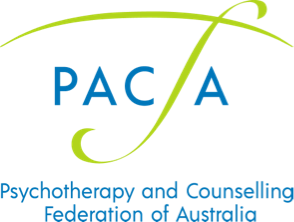How Gestalt therapy can help with Depression
As Depression is caused by a number of diverse factors, including one’s social structure and psychology, Counselling or Psychotherapy has been shown to benefit those affected by depression. In more severe cases a combination of medication and Psychotherapy may be used.
Gestalt therapy provides a therapeutic relationship that is supportive and safe allowing space for an individual to work through difficulties and obtain a better understanding of what they are going through.
Gestalt therapy views clients as unique individuals with no two people experiencing depression in the same way, nor the same reason/s for the onset of the depression. Gestalt therapy focuses on exploring the possible causes of the individual person’s depression and what it is like for them, as a unique human being experiencing depression, in their way. In Gestalt therapy depression doesn’t just rest in the person; depression rests in the situation that they have been through, that they are living now and that they’re carrying with them. Gestalt therapy explores all aspects of a person’s life.
In Gestalt therapy the therapeutic relationship is an essential component in the treatment of depression. The Gestalt therapist confirms the client’s experience, normalises it and empathises with their client’s. This builds trust and encourages a strong working alliance with the client. In this place of safety, the client can explore new coping skills and take risks. Sitting with a therapist may be the first opportunity a person with depression has to feel comfortable and safe enough to let another into their world, a place where shame doesn’t take over and prevent contact. To share the deepest, darkest thoughts and beliefs with someone and have it heard, understood and held, can be transforming and this makes a big difference to their recovery.
It’s about allowing the client the space and safety to tell their story without judgment or advising the client on how to be different. Depression is isolating in its very nature because it moves away from connection with others and takes people to a place of shame and insecurity. Therapy plays a vital role in the recovery process. Here a person with depression can, hopefully, learn to trust enough to allow another back in. In order to break the cycle of depression the road to recovery must include reconnecting with others and themselves in meaningful ways.






